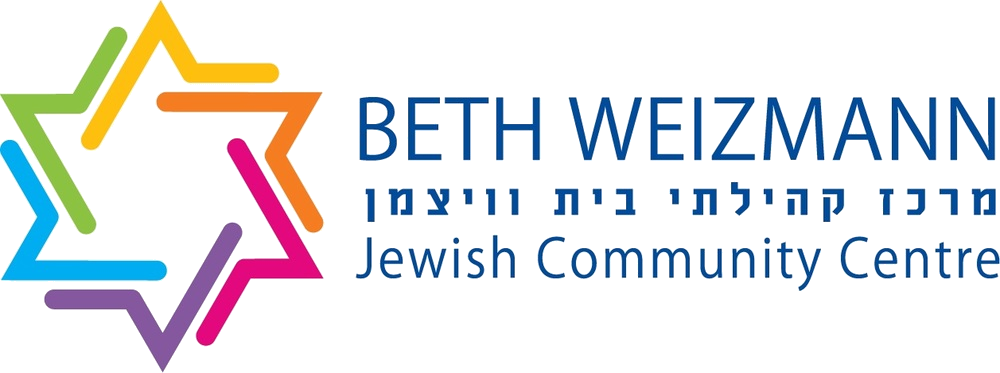
Zionism Victoria fosters a deep connection between the Victorian Jewish community and Israel, as well as facilitating a bridge between the Jewish community and the extended general community.
Our Mission
- To develop deeper connections between the Victorian Jewish community and Israel, in particular attempting to include a wider cross section of the community in our activities.
- To actively engage with the general Victorian community with a view to expressing, explaining and promoting Israel's interests.
Yom Hazikaron ceremony form
If you are interested in lighting a candle or sharing the story of a fallen family member or friend.

Habyit
Habayit is the home for Hebrew and Israeli culture in Australia since 2013

Beth Weizmann Jewish Community Centre
We are home to more than 17 Jewish organisations.

Lamm Jewish Library
A comprehensive national resource centre and community hub based in Melbourne.
Zionism Victoria's mission of connecting Victorians with Israel is bolstered by its Jakob Frenkiel Connecting Cultures program.
It is a free service offered to all Victorian schools and communal organisations aiming to foster cross cultural awareness. By educating and informing students and their teachers, Zionism Victoria enriches their understanding of Jewish culture and history, the Jewish connection to Israel and helps cultivate the values of tolerance and respect.
Established over twenty years ago, by Zionism Victoria, Jakob Frenkiel Connecting Cultures has provided informative, educational and entertaining discussions and lectures to thousands of Victorians each year.
Initially launched as the Public Speakers Bureau, and then the Public Speakers Service, our service was revamped in 2016 to give it a fresh new look and more meaning. Connecting Cultures was reborn.
Zionism Victoria is the roof body of 56 affiliate organisations. We strive to represent these Zionist and Jewish organisations within the Jewish and wider communities. Check out their websites and social media pages to see what exciting things these diverse organisations have to offer.
Board
Staff
Caulfield South VIC 3162